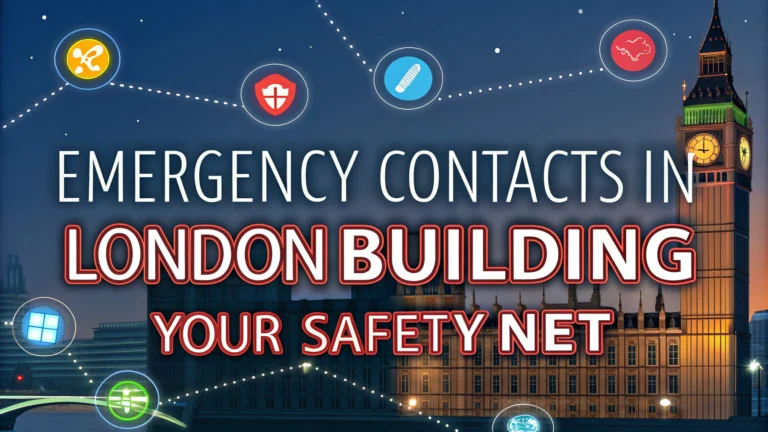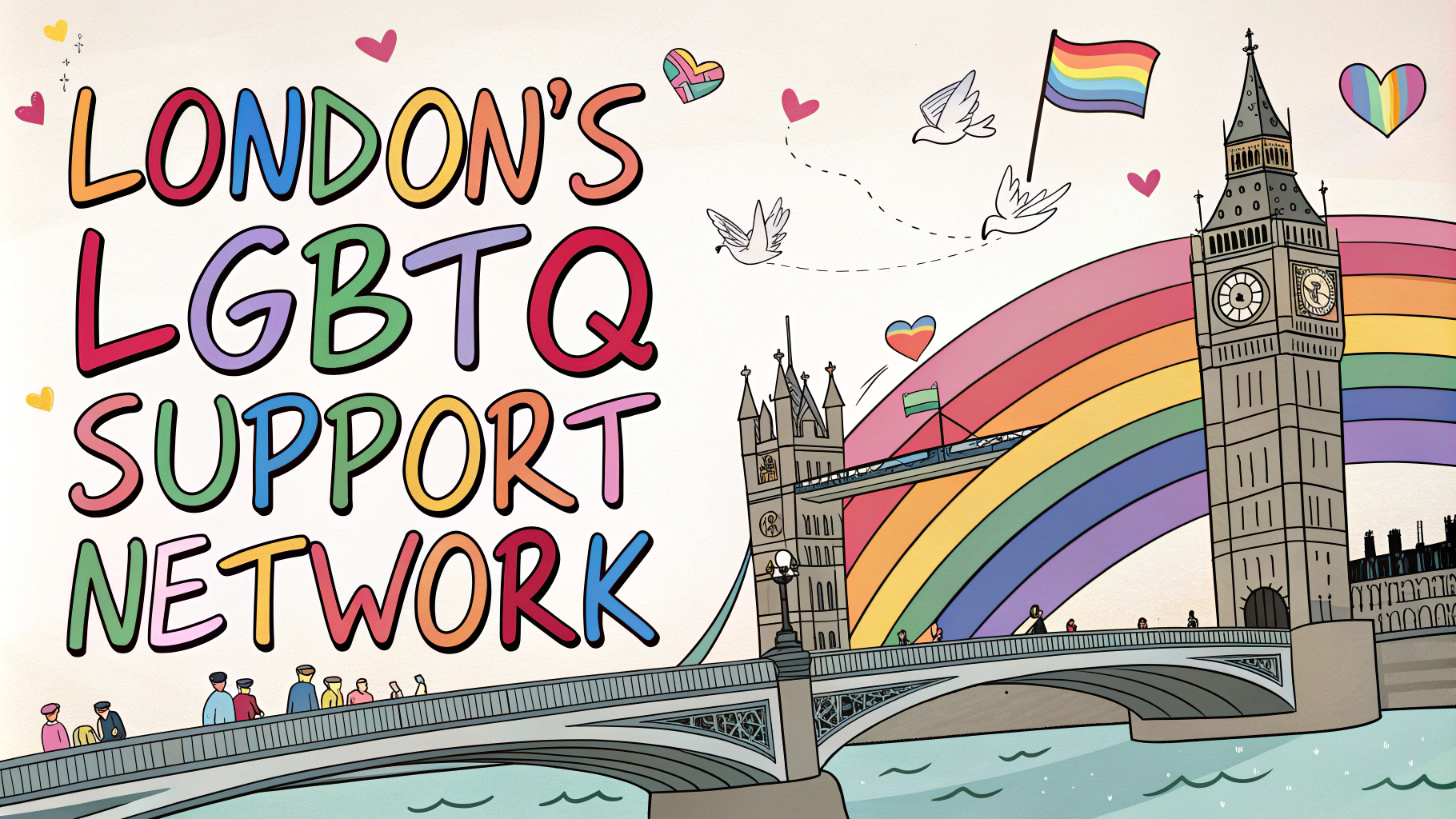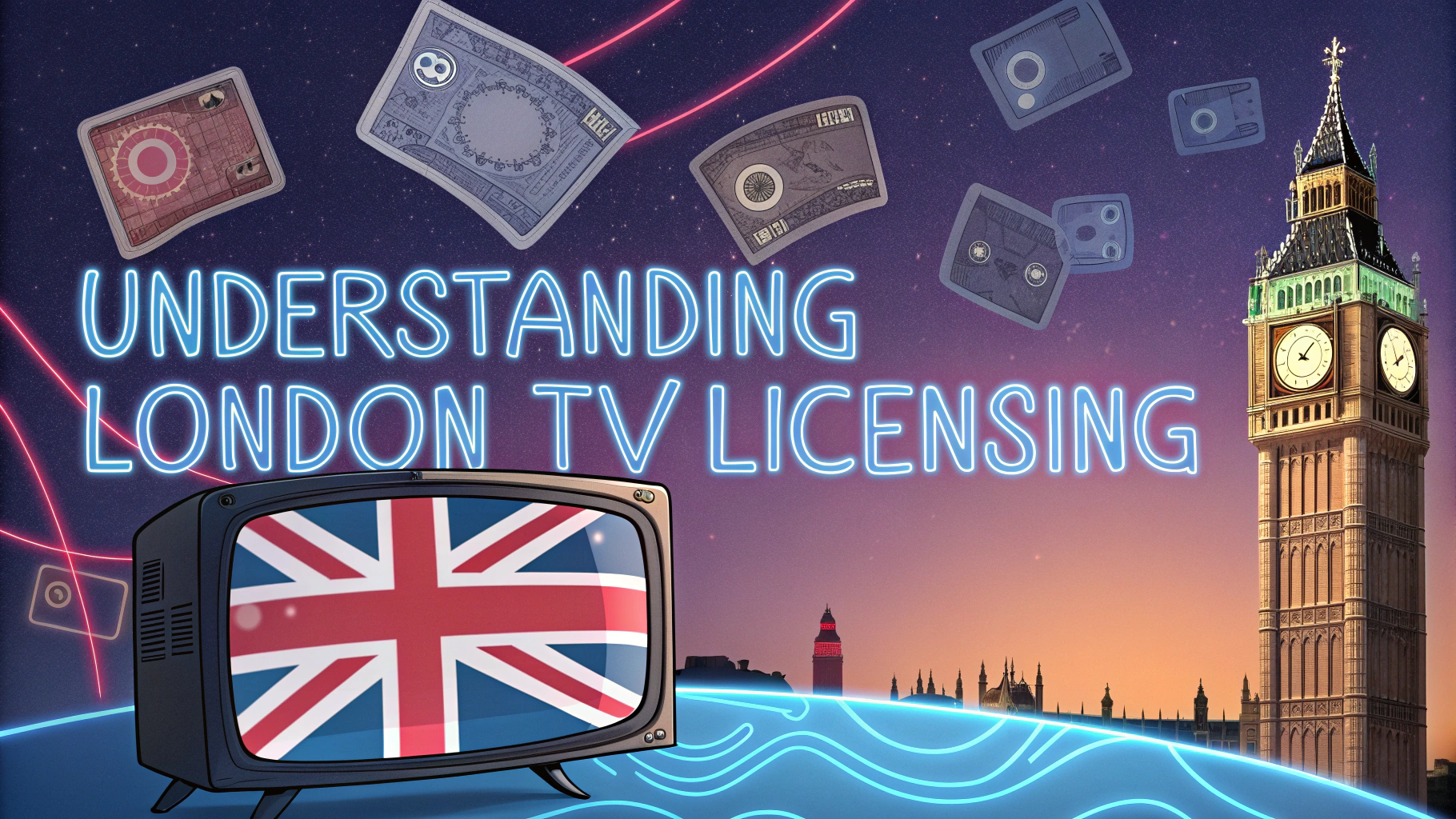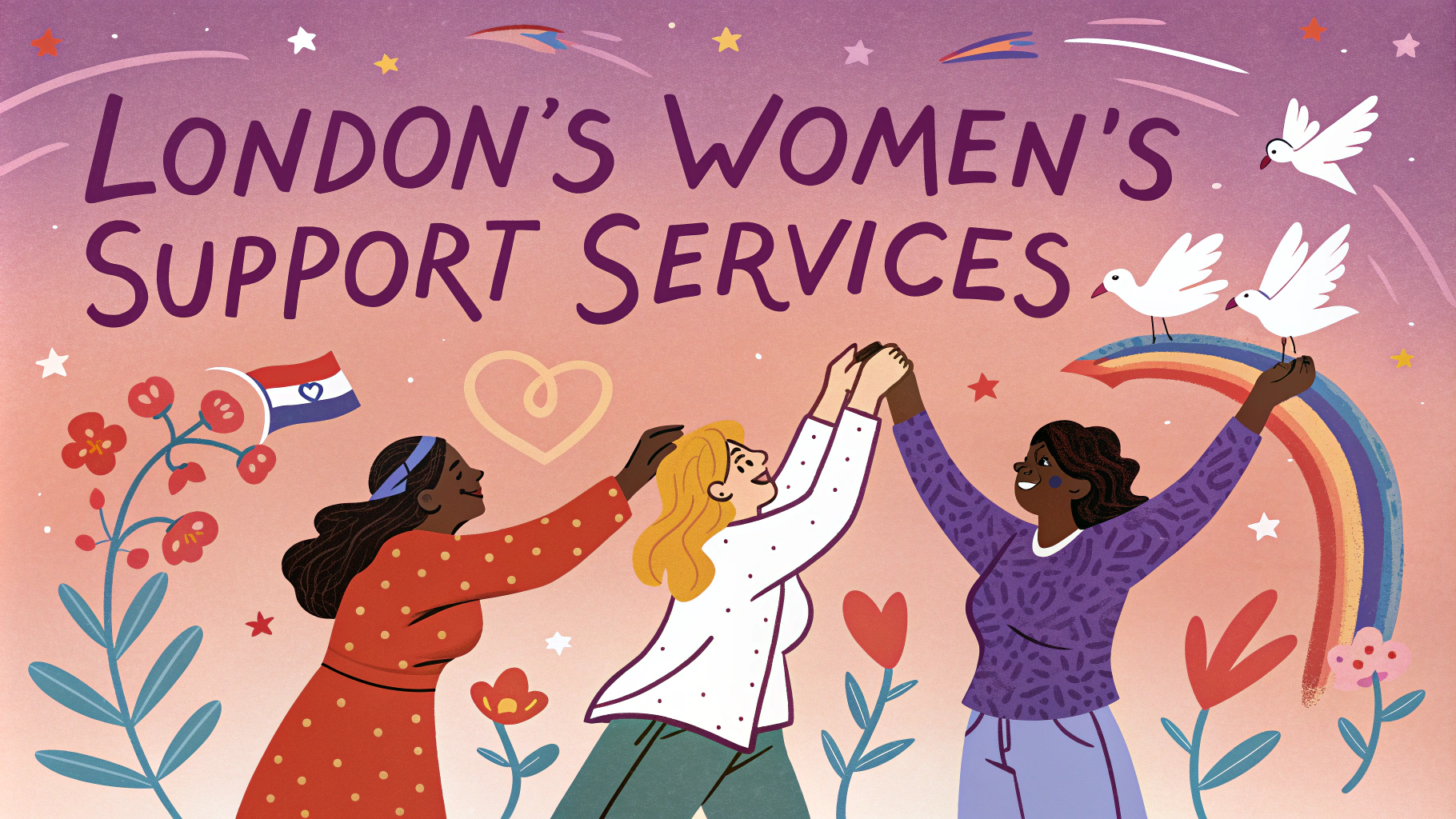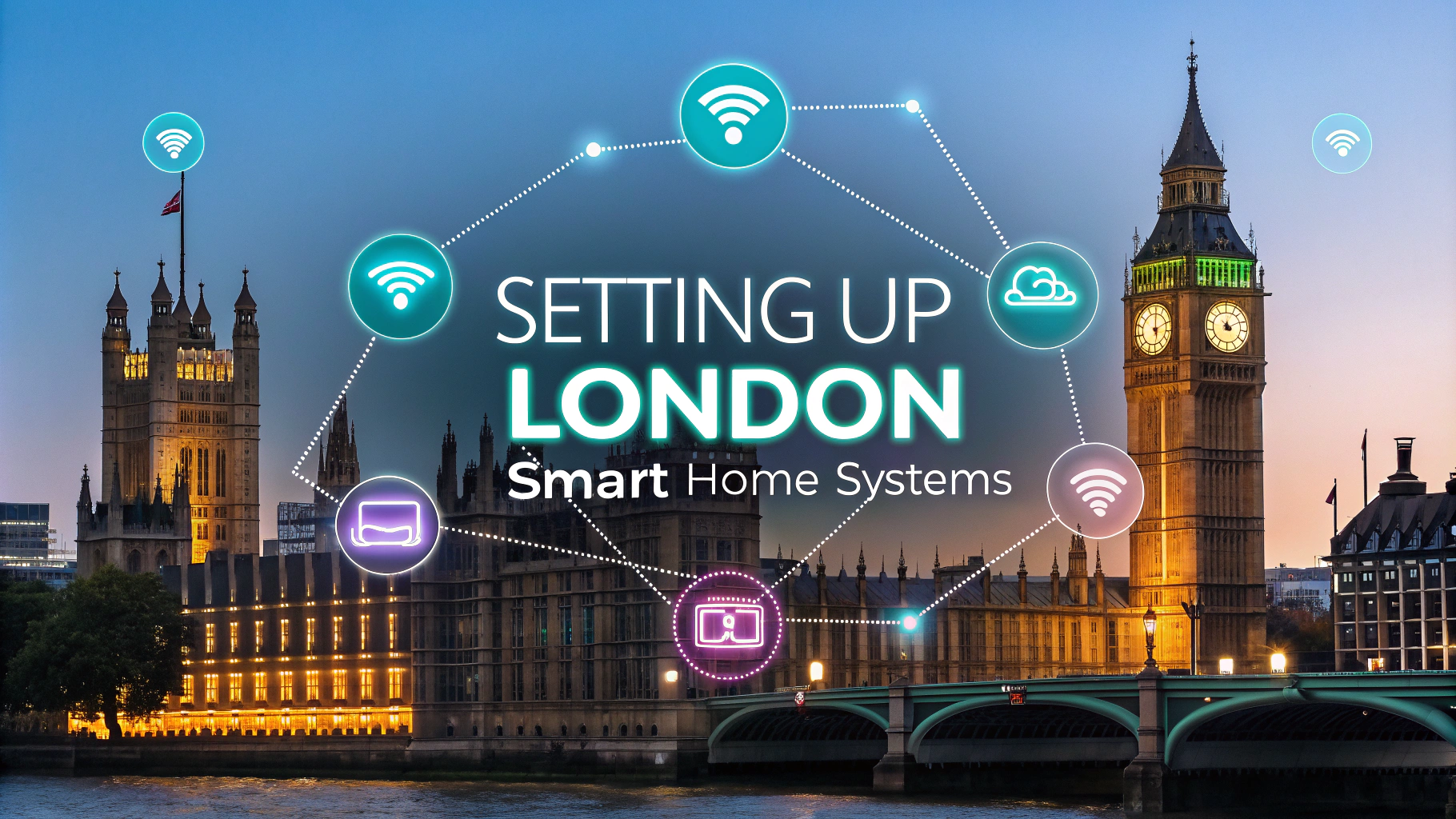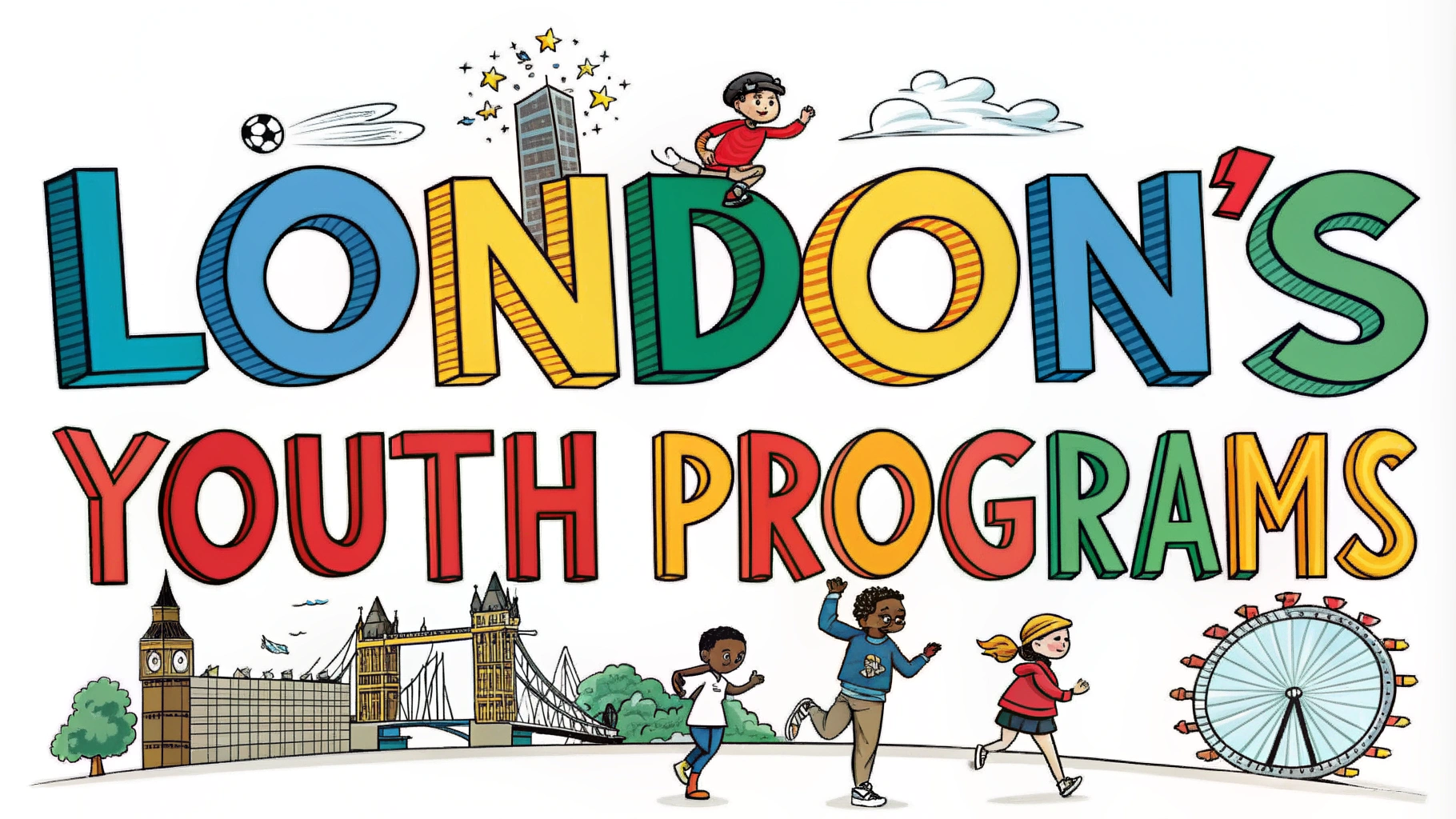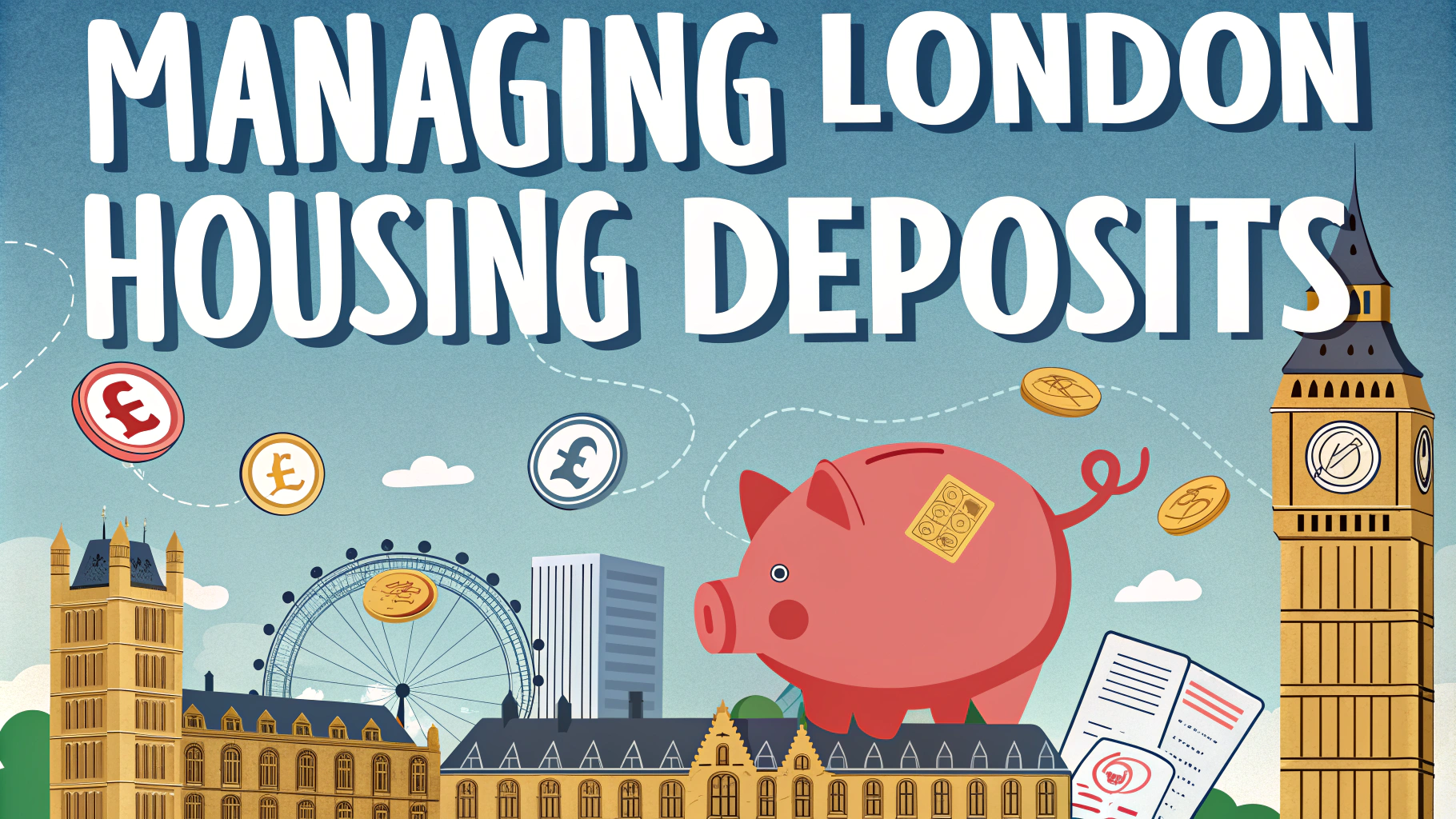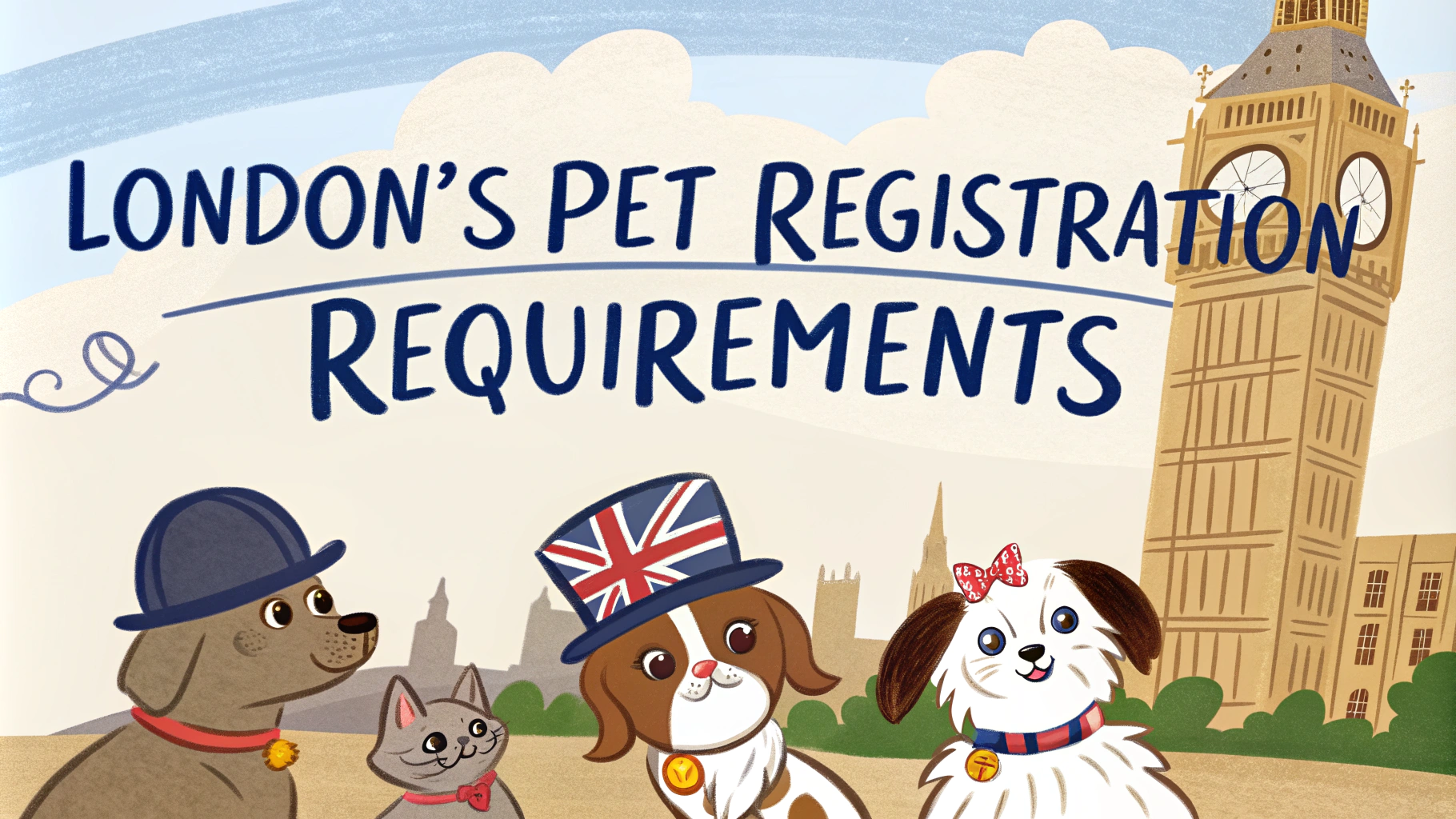Building a reliable network of emergency contacts is one of the first steps to take when moving to London.
Having quick access to the right emergency numbers and services can make a significant difference during unexpected situations in an unfamiliar city.
This guide lists essential emergency contacts and services in London, helping you create a comprehensive safety network for various situations.
Emergency Services Numbers
- 999 or 112 – Main emergency number for Police, Fire, Ambulance
- 101 – Non-emergency police matters
- 111 – NHS non-emergency medical advice
- 0800 111 999 – Gas emergencies
- 105 – Power cuts and electrical emergencies
Healthcare Contacts
- Find a GP: NHS GP Finder
- Dental emergencies: Call NHS 111
- Mental health crisis line: 0800 731 2864 (24/7)
- Samaritans: 116 123 (24/7 emotional support)
Transport Emergency Contacts
- TfL Customer Services: 0343 222 1234
- British Transport Police: 0800 40 50 40
- Taxi complaints: 0343 222 4000
- AA Breakdown: 0800 88 77 66
- RAC Breakdown: 0333 2000 999
Local Authority Services
Store your local council’s emergency number – find it at gov.uk/find-local-council.
Embassy Contact Information
Keep your embassy’s contact details saved – find embassy information at Foreign Embassies in the UK.
Creating Your Emergency Contact List
- Save emergency numbers on your phone with “ICE” (In Case of Emergency) prefix
- Keep a physical copy of important numbers in your wallet
- Share your UK address and emergency contacts with family members
- Store medical information, including NHS number and GP details
- Save local taxi company numbers
Additional Safety Resources
- CitizenAid app: Free emergency guidance app
- what3words app: Helps emergency services locate you precisely
- TfL Go app: Real-time travel information and disruption alerts
Setting Up Your Safety Network
Test emergency numbers from your UK phone to ensure they work.
Register with a local GP as soon as possible after moving.
Consider joining local community groups or forums for neighborhood support.
Download and familiarize yourself with emergency apps before you need them.
Staying Safe in London
Keep emergency contacts updated as your circumstances change.
Learn your nearest hospital’s location and route from your home.
Consider purchasing travel insurance if you’re a temporary resident.
Save screenshots of important numbers in case your phone loses battery or signal.
Important Places to Locate
- Nearest police station to your home and workplace
- 24-hour pharmacies in your area
- Walk-in medical centers
- Local fire stations
- Emergency veterinary clinics if you have pets
Regular Safety Checks
- Test your smoke and carbon monoxide alarms monthly
- Check emergency contact numbers are current
- Update stored addresses and routes
- Verify insurance coverage and emergency provisions
- Review building evacuation procedures
Digital Safety Resources
- Enable emergency location services on your phone
- Save offline maps of your area
- Back up emergency contacts to cloud storage
- Install recommended safety apps
- Set up emergency SOS features on your devices
Building Your London Safety Network
Living safely in London requires proactive preparation and regular updates to your emergency contacts and procedures. Keep all information current, share your safety plan with trusted individuals, and familiarize yourself with local emergency resources before they’re needed. Remember that prevention and preparation are key to handling unexpected situations effectively in your new city.
Stay connected with your local community, keep emergency funds accessible, and regularly review your safety protocols. With these measures in place, you’ll be well-equipped to handle various situations while enjoying life in London.
FAQs
- What are the main emergency numbers to save in London?
999 or 112 for immediate emergencies (police, fire, ambulance). 101 for non-emergency police matters, and 111 for non-emergency medical advice. - Should I register with a local GP (doctor) immediately after moving to London?
Yes, you should register with a local GP as soon as possible after moving. You can find your nearest GP surgery through the NHS website and register before you actually need medical care. - What should I do if I lose my passport in London?
Report it to the police immediately to get a crime reference number, then contact your country’s embassy in London. Keep your embassy’s contact details saved in your phone. - Where can I find the nearest hospital with an A&E (Accident & Emergency) department?
Use the NHS website or app to locate your nearest A&E. Major London hospitals with 24/7 A&E include St Thomas’, St Mary’s, Royal London, and Guy’s Hospital. - What’s the contact number for reporting gas emergencies in London?
Call 0800 111 999 for any gas emergencies, including suspected gas leaks. This number is free and available 24/7. - Who should I contact for mental health emergencies in London?
Contact the Samaritans (116 123) for immediate emotional support, or the NHS Crisis Line (111, option 2). Both services are free and available 24/7. - What’s the best way to contact the British Transport Police in London?
Text 61016 or call 0800 40 50 40 for non-emergencies on public transport. For emergencies on trains or in stations, call 999. - How can I contact my local council for emergencies?
Each London borough has its own emergency contact number for issues like dangerous structures or environmental health. Save your local council’s emergency number from their website. - What should I do if I’m a victim of crime in London?
Call 999 if in immediate danger, or report non-emergency crimes online at met.police.uk or by calling 101. Keep a record of the crime reference number. - Where can I find emergency dental care in London?
Call NHS 111 for emergency dental services. They can direct you to your nearest emergency dentist or dental A&E department.
